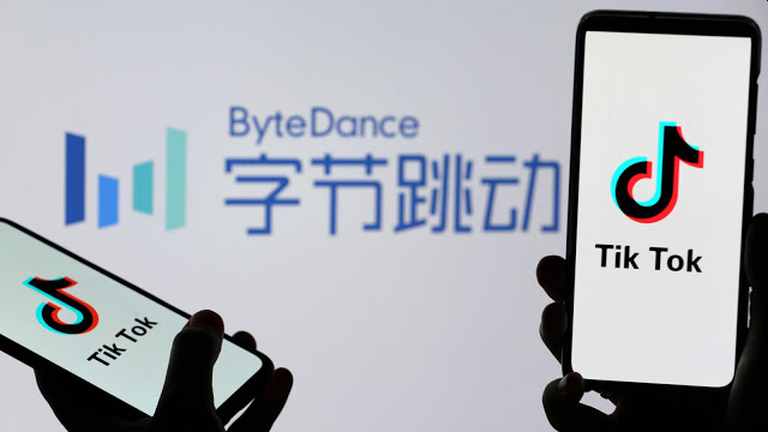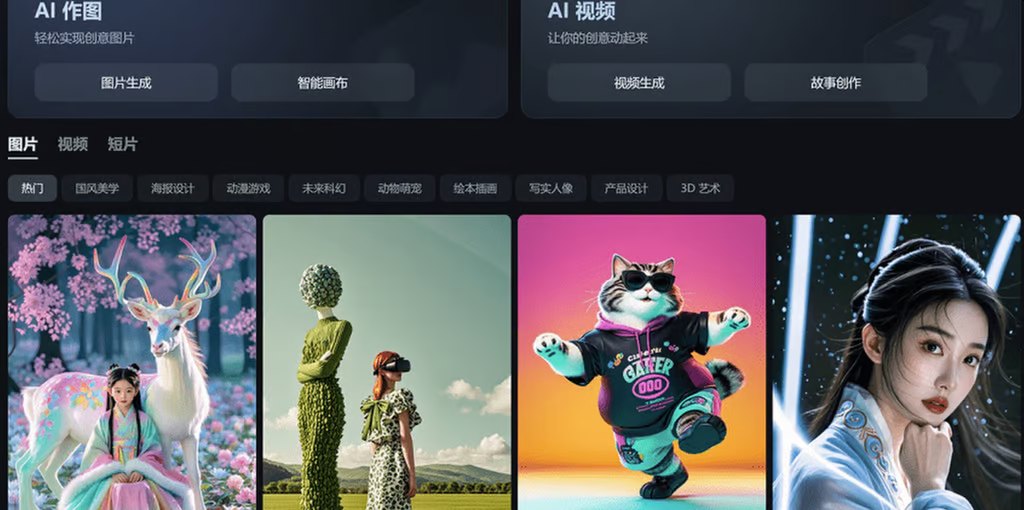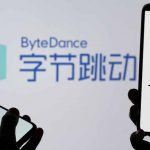TikTok parent ByteDance launches Jimeng AI, an AI video generator to take on OpenAI’s Sora

TikTok Parent company ByteDance has entered the AI video race with the launch of Jimeng AI, an AI video generator app that generates videos from text prompts. The move places ByteDance among other Chinese AI tech startups exploring this growing market, a space that includes OpenAI’s ChatGPT and its yet-to-be-released video tool, Sora.
Jimeng, which translates as “immediate dream” in English, was developed by ByteDance’s subsidiary Faceu Technology and is now available on the Apple App Store for Chinese users following its earlier release on Android on July 31.
Jimeng AI, part of ByteDance’s Jianying business known for the CapCut app, allows users to create AI-generated videos from text. The subscription plans are priced at 69 yuan ($9.65) per month, 79 yuan for a single month, or 659 yuan annually, with each plan supporting the creation of around 2,050 images or 168 AI videos monthly, according to a report from Reuters.
Jimeng AI, New AI Video Generator to Rival OpenAI’s Sora

Jimeng AI
This launch follows several similar releases in China. Kuaishou, a major video app in China, recently introduced its Kling AI text-to-video model globally. Chinese AI startup Zhipu AI also launched its video-generating model Ying, and another startup, Shengshu, unveiled its Vidu app shortly after.
ByteDance’s entry into this market highlights its focus on expanding AI capabilities and competing in the text-to-video segment. The rising interest in AI video generation suggests more companies will likely introduce similar models to gain a foothold in this innovative space.
Since OpenAI introduced its Sora text-to-video model in February, multiple Chinese companies have developed similar tools. Kuaishou’s Kling AI model is now accessible globally with just an email registration. Additionally, Zhipu AI’s Ying model and Shengshu’s Vidu app have also entered the market.
Meanwhile, there are concerns about how AI companies are producing their AI videos. Last month, Runway was accused of using thousands of YouTube videos to train its AI video generator without permission. Reports claimed Runway’s tool was secretly trained on videos from popular YouTube channels and brands, along with pirated films.




